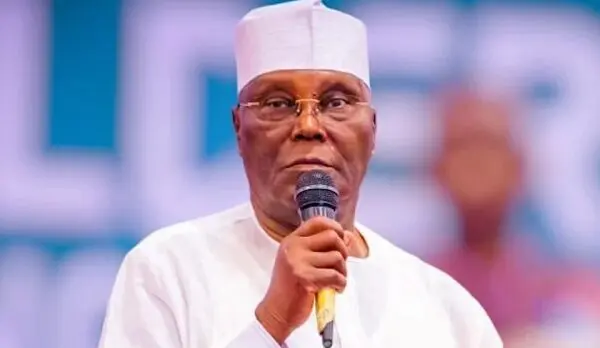Former Vice President Atiku Abubakar is facing sharp criticism from the Arewa Youth Council over his recent efforts to lead a political coalition ahead of Nigeria’s 2027 presidential election. The council described his move as a desperate attempt to regain political relevance, branding the coalition as a gathering of individuals they believe have been rejected by both power and public support.
The group’s president, Comrade Adams Reuben, released a strongly worded statement in Kaduna, where he accused Atiku of hypocrisy and bitterness. According to Reuben, Atiku’s long history of failed presidential contests has left him frustrated, and this coalition effort is seen by the council as another failed strategy doomed from the start. Reuben said it is laughable that someone with Atiku’s political history is now presenting himself as a reformer, adding that the former vice president’s past role in the privatisation of major national assets speaks against his current posturing.
Reuben alleged that Atiku, during his time at the helm of the National Council on Privatisation, facilitated the sale of key public assets such as Nigeria Telecommunications Limited (NITEL) and the Aluminium Smelter Company of Nigeria (ALSCON) to associates. He insisted these moves weakened the country’s economy and caused widespread hardship, making it ironic that Atiku now questions the leadership of President Bola Ahmed Tinubu.
The council went further to mock Atiku’s persistent attempts at the presidency, noting that despite multiple runs, he has never succeeded. In contrast, Tinubu, who ran for the first time in 2023, secured victory based on what they described as public trust in his vision and ability to lead. Reuben questioned Atiku’s continued presence in the political space, urging him to step aside and allow the current administration to focus on governance without unnecessary distractions.
Referring to the coalition as a failed train going nowhere, Reuben remarked that Nigerians have seen through what he called a smokescreen. He insisted that this coalition has no direction or credibility and that Atiku, despite portraying himself as its leader, is politically isolated.
The Arewa Youth Council made it clear that it would not remain silent while individuals they believe contributed to Nigeria’s problems attempt to reinvent themselves as national saviours. They vowed to keep speaking out against what they described as divisive politics and attempts to rewrite history.
The group’s message was blunt — Nigeria, in their view, has moved on from Atiku’s brand of politics. They urged him to do the same, warning that bitterness and personal attacks would not alter the present reality. As far as the Arewa Youth Council is concerned, the nation’s future lies in forward-thinking leadership, not in what they described as recycled ambition.

